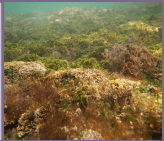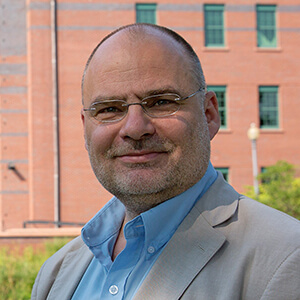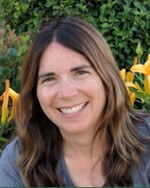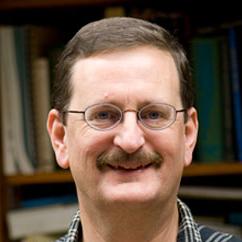Environmental Issue Seminar: Greg Bugbee and Abigail Wiegand
C101 CT, United StatesConnecticut Agricultural Experiment Station – Global consequences of invasive aquatic plants now found in Connecticut lakes. Held in room C101 For questions contact Professor Diba Khan-Bureau: dkhan-bureau@trcc.commnet.edu (860) 215-9443
 TRCC EXTRANET
TRCC EXTRANET